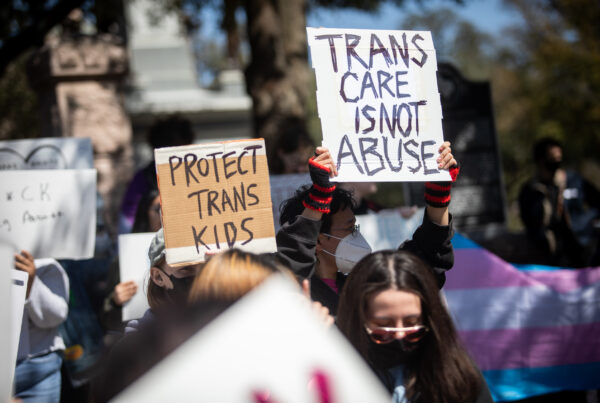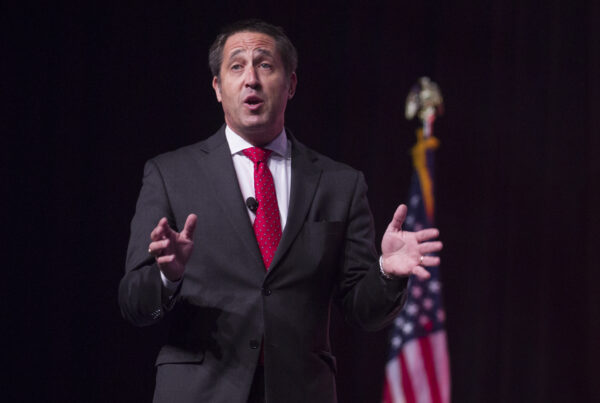Texas has a gross domestic product that’s larger than countries like Brazil, Australia and Mexico – but what does that look like in practice? And is it all good news?
Those are questions that Alexandra Suich Bass recently tried to answer.
She’s the senior correspondent for The Economist based in Dallas, who recently took a deep dive into what makes the Texas economy tick. She joined the Texas Standard to talk about what she found. Listen to the story above or read the transcript below.
This transcript has been edited lightly for clarity:
Texas Standard: Well, one of the things we all know about Texas is that it’s growing quickly. But this seems to have been the case for quite some time. How fast is the state’s economy growing compared to other states or other areas?
Alexandra Suich Bass: I think to a lot of people outside of Texas and even within it, there’s not necessarily a sense of how broad-based the boom is occurring in the state and how long lasting it might be. And it has real national significance because as population growth stagnates in America, Texas is really the engine for the economy and population growth. And the last several years have been very good to Texas. COVID-19 caused a lot of people and companies to move to the state. And there’s also been a huge influx of federal money as a result of the Biden administration’s policy through the Infrastructure Act, Inflation Reduction Act and the CHIPS Act. Texas is going to be a major beneficiary of federal dollars.
Well, let’s hone in on one of the items you mentioned there, which is companies moving to Texas. Can you give us a sense of who some of these companies are and what they do?
Yes, from 2020 to February of this year, we saw at least 139 firms move their headquarters to Texas. 40% of them are coming from California. We see a lot of high profile tech companies that people have heard of, like Elon Musk’s fleet of firms. But it’s not just a tech boom. We see McLaren, the luxury sports car company, and others relocate. People are moving and companies are moving.
One thing you mention in your reporting, though, was how Texas may in some ways be a victim of its own success. Could you say a little bit more about that?
Yes. A lot of people in Texas talk about California and talk about, you know, “don’t California, my Texas” which is a bumper sticker and t-shirt you can buy. But there’s also a question of whether or not California is a cautionary tale. California used to be the Texas of America. It was the place that people after World War II moved to for a lower cost of living than New York. It was where people came for opportunity and to reinvent themselves. And then, of course, California over the years changed course. And it wasn’t as pro-growth as it was previously.
I think there’s also another risk to Texas of whether or not the state is appropriately investing in the long term future to ensure its continued success. The model for Texas historically has been very lean, and so it has been proudly ungenerous. It doesn’t want to have a large social safety net. But Texas’s future depends on investments in the people who are the workforce of the future. So will the state spend on public education to ensure that people can enter the workforce? Will it provide health care? Right now, it has the largest uninsured population of any state. And so I do think there are a few questions about how long Texas will run, although it’s indisputable that it’s booming and will continue for years ahead.
Well, you got the chance to interview Gov. Greg Abbott about some of these questions. Can you tell me what you wanted to know from him and what he told you?
So I was interested in hearing from him to what extent he felt like Texas was a blueprint for the rest of the country. And he really strongly believes that what Texas does, so goes the nation. And one example that he gave me was on Texas’s so-called “ESG policies” – environmental, social and governance policies – investing with the environment and social good in mind. And his assertion is that Texas has led in blackballing certain financial firms that are not supportive of oil and gas. And he says that this is already having an impact on the markets. But I do think there is a really interesting area of question around: is it a version of America that will only be adopted by part of America – red America – but does not necessarily reflect the whole country?















